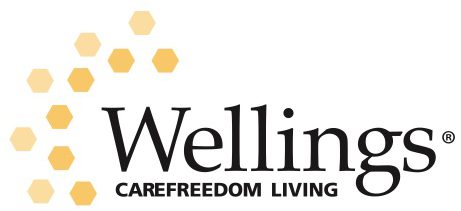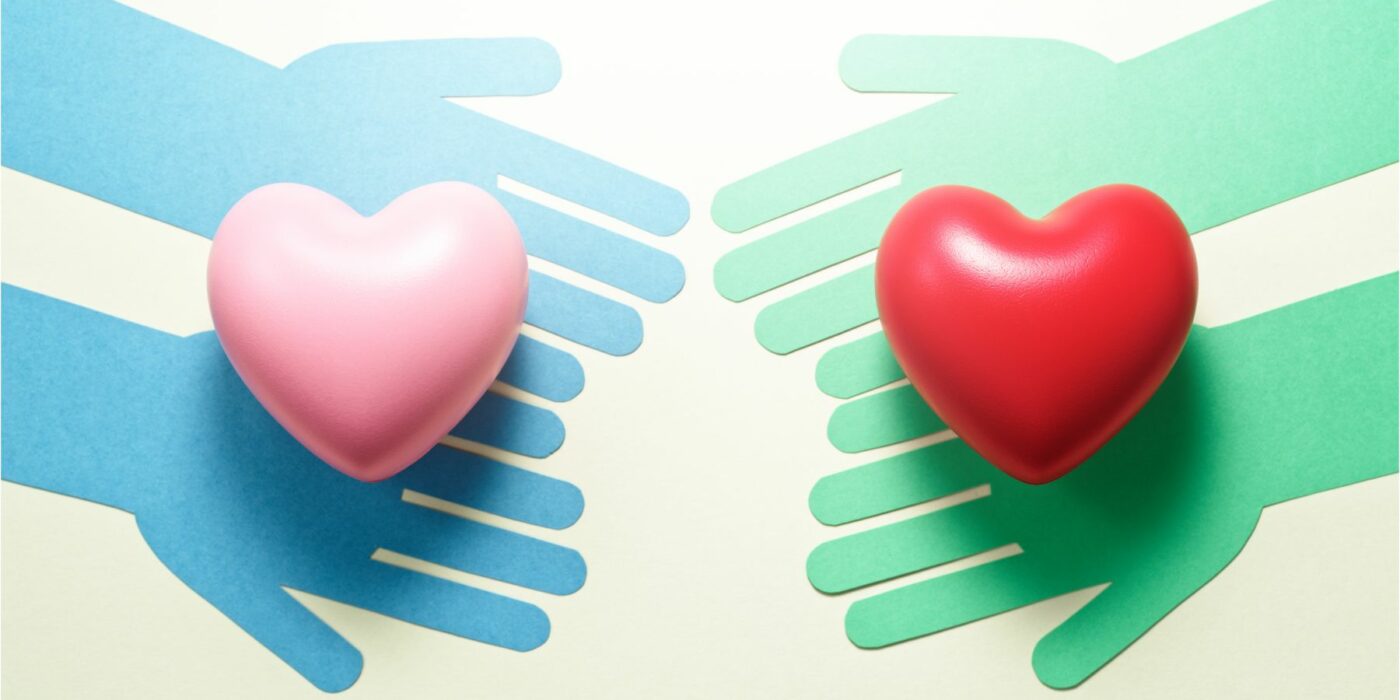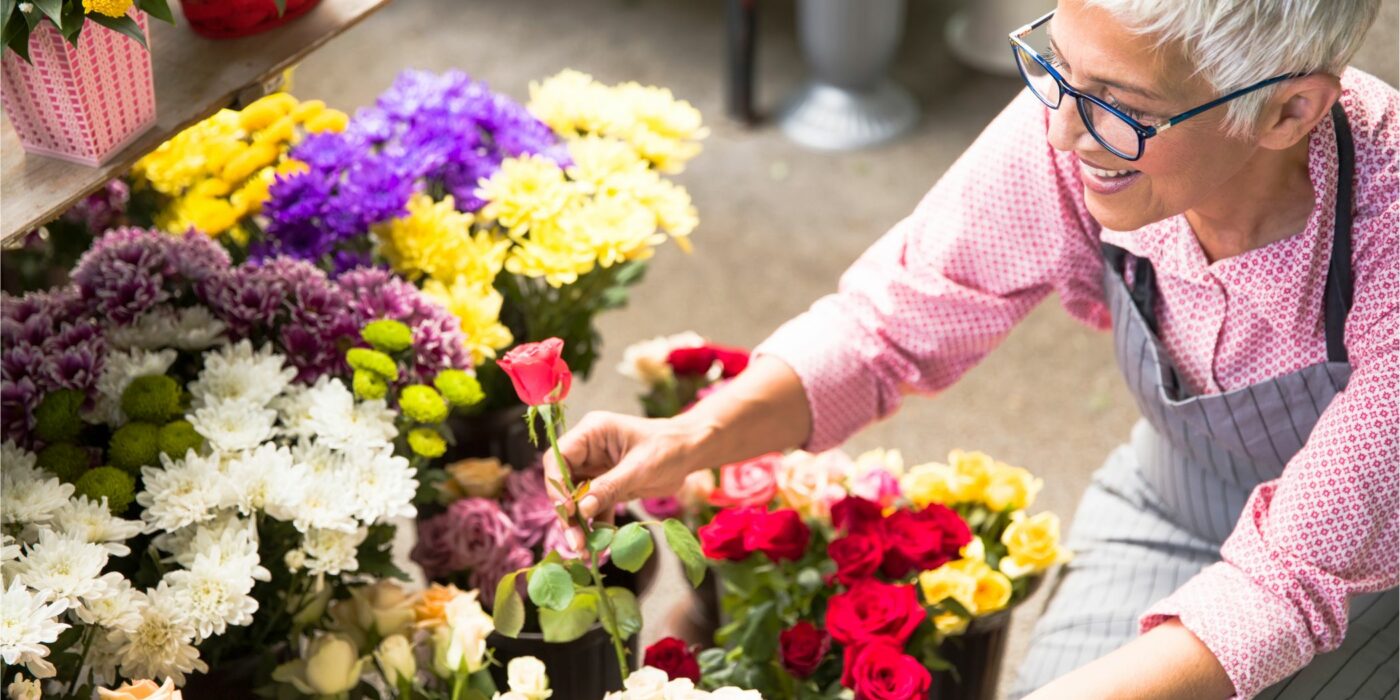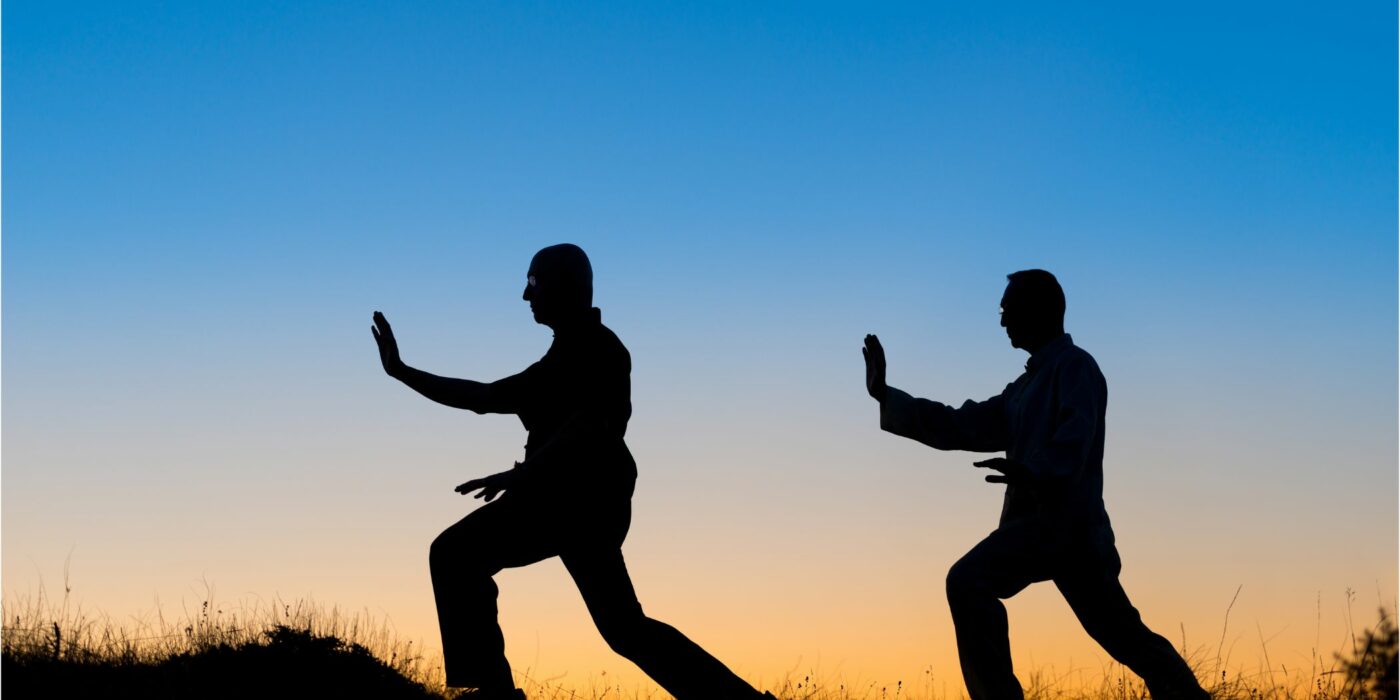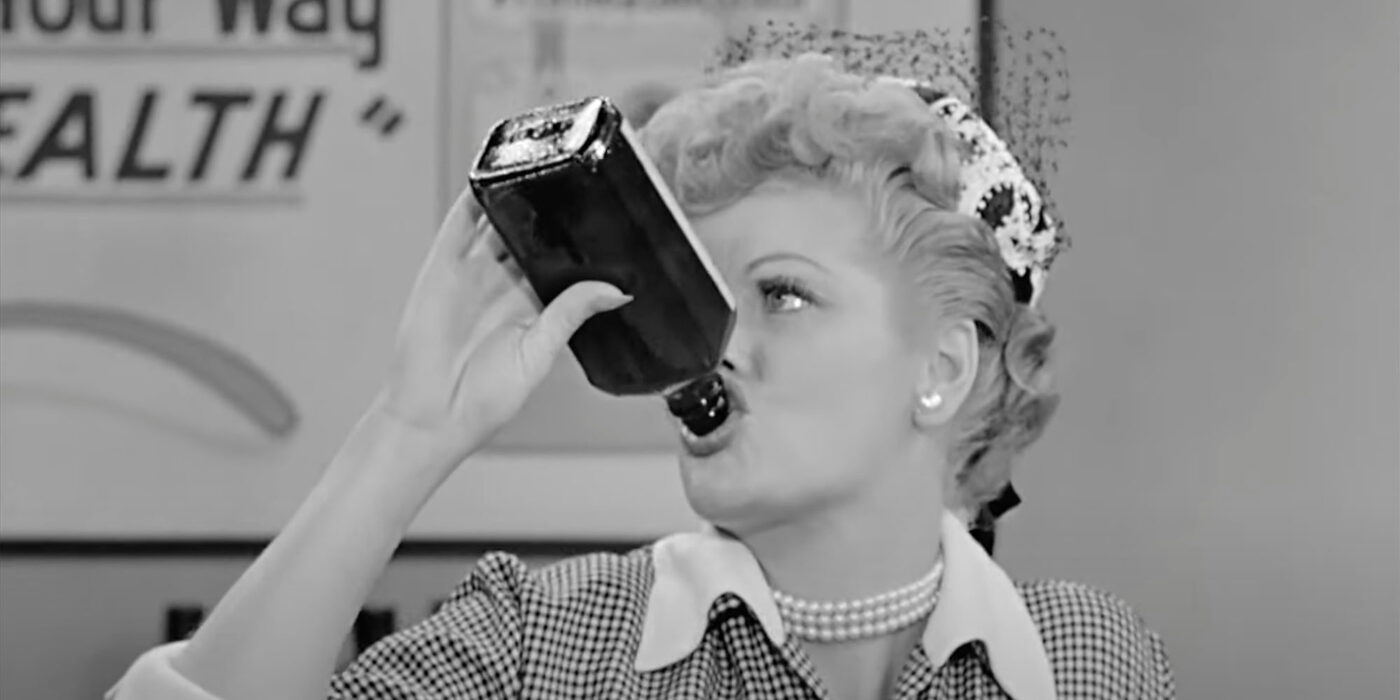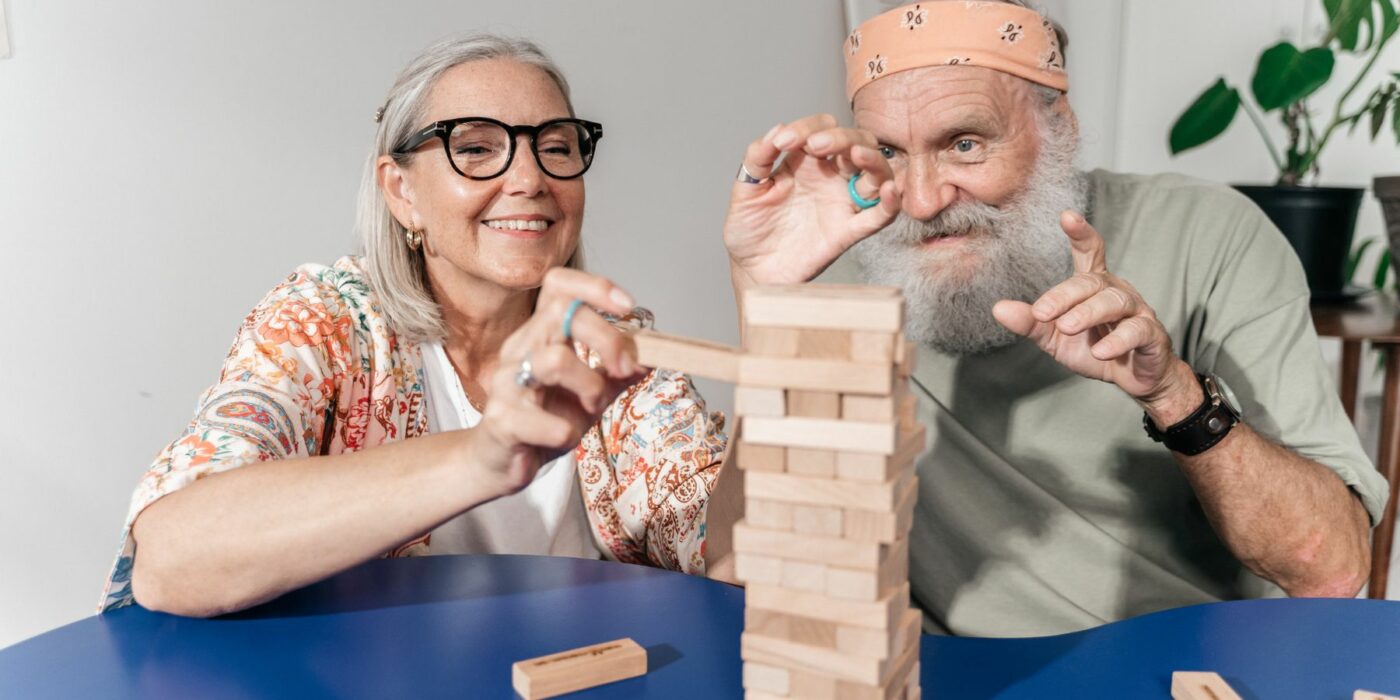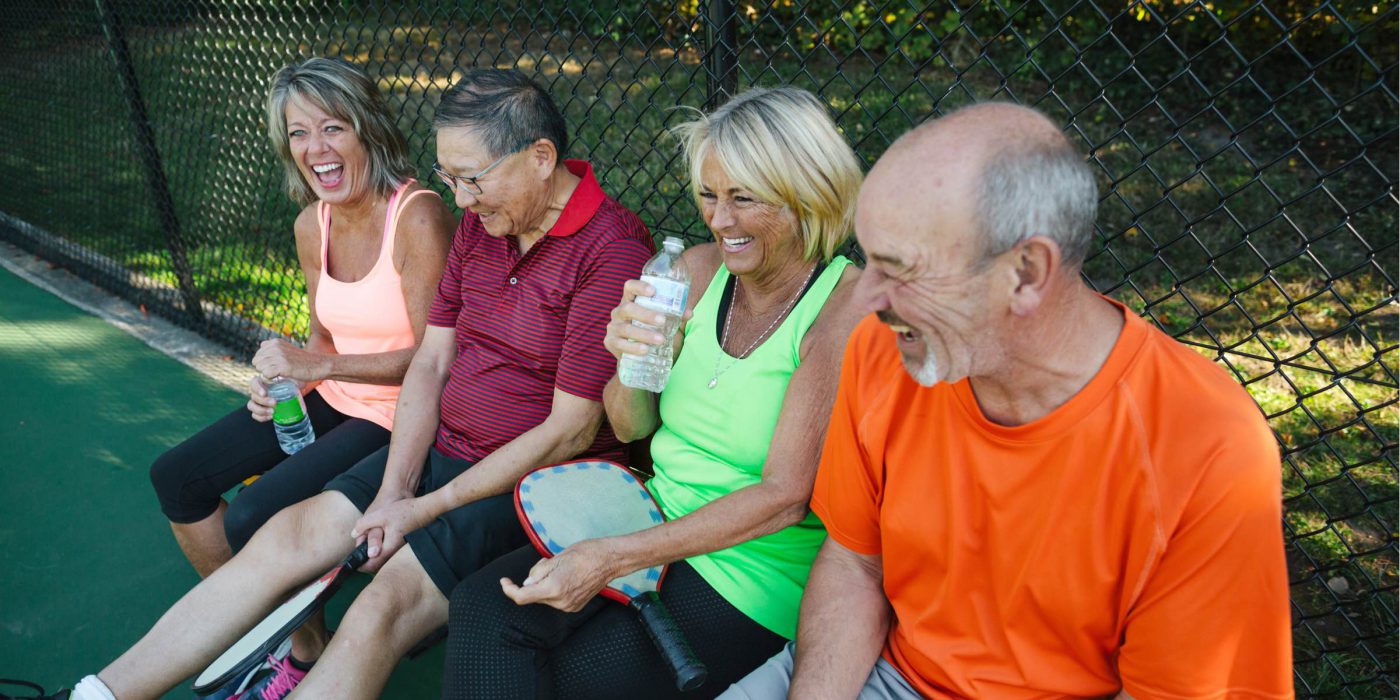How to Be There for Someone Going Through a Rough Time
We’ve all found ourselves in a situation where the wheels come off unexpectedly for someone we care about. What do we do? What can we say? Because there’s no handbook on the subject, sometimes we feel so awkward, we do nothing. It’s in our nature to want comfort from others and to comfort people we care about when things go sideways. Let’s try to cut through the awkwardness so we can feel empowered to take meaningful action and be supportive.
“Promise me you’ll always remember that you’re braver than you believe, stronger than you seem, and smarter than you think.” -A.A. Milne
Connection and community are key elements of what I call sustainable happiness. We are made to be social, and we want to feel like we still belong when we are going through something. We need to understand that when someone is going through something tough, it is about them and not about us. When we focus on our discomfort around their situation and do nothing, that’s when we are making it about us. Understanding that distinction allows us to put our concerns aside so we can say and do things that express the compassion and empathy we feel for the person going through a rough time.
Oprah Winfrey taught me that we can’t take anything off anyone else’s journey. The lessons in someone else’s experience aren’t meant for us, they’re meant for the person going through it. What we can do is walk beside them to soothe, support, validate and hold space. It’s important that we read the situation carefully, to know how we can offer the best support.
If the person is comfortable talking, let them talk and ask questions that allow them to share without you having to inject your opinions or advice. Listening may very well be one of the greatest gifts we can offer another person. Let them know you’re listening by giving them physical cues like nodding your head or asking them to tell you more. Place your hand on their arm if it feels appropriate, to reinforce that you’re there for them. Repeat back to them what you heard them say to show them you are listening. As uncomfortable as it may be, resist the temptation to give advice, just be a good listener. That’s enough of a gift.
If the person isn’t comfortable talking or talking with you, be respectful, don’t take it personally, rather find something you can do for them. Perhaps send a note, an email, a text, or a phone call to remind the person that you’re thinking of them. Just because someone isn’t comfortable talking don’t stay away; take some kind of action. Investigate how you can help by asking friends and family what that person might need. Preparing food can be helpful if you learn what they like or what food restrictions they might have and remember that flowers are always a beautiful symbol of hope.
“We’re here for a reason. I believe a bit of the reason is to throw little torches out to lead people through the dark.” – Whoopi Goldberg
Remember that being there for someone is about helping them get through it, not forcing them to get over it. Grief has no specific expiry date, and we need to feel whatever it is we’re feeling when we’re grieving a job loss, a relationship or friendship ending or a death. When we’re trying to comfort someone, we want to ensure that we don’t get into toxic positivity by reminding the person how lucky they are. Let them feel all their feelings without judgment. Down the road, perhaps you can help them reframe their situation so they can move forward but in the middle of a storm we really need a safe place to hold on to. People going through a rough time need us to be grounded in strength; not in the soup with them.
“Sometimes it’s okay if the only thing you did today was breathe.” -Yumi Sakugawa
Life can be messy and while it’s uncomfortable, that’s part of the adventure. Resist the temptation to say to someone going through a rough time “let me know if I can do anything for you.” It’s really an empty offer because while it sounds like you want to do something to help, you’re placing the responsibility on the person going through it; chances are they won’t ask. Instead say, “I’m sorry about whatever happened because you are”. It’s genuine and meaningful for the person. Then take some initiative and offer something specific or circle back at another time with a more tangible offer of help.
It’s important to remember that friends are meant to comfort and not necessarily provide counseling. Should you find yourself in a situation that is beyond your scope, help connect the person you care for with some professional help.
What we really want to do for someone going through a challenging experience is to let them know that they are part of a community, that they’re important and they matter regardless of what’s happening in their life. Simply validating someone’s feelings when they’re sad or overwhelmed lets them know that it’s okay to feel whatever they’re feeling and reminds them that they are accepted as they are.
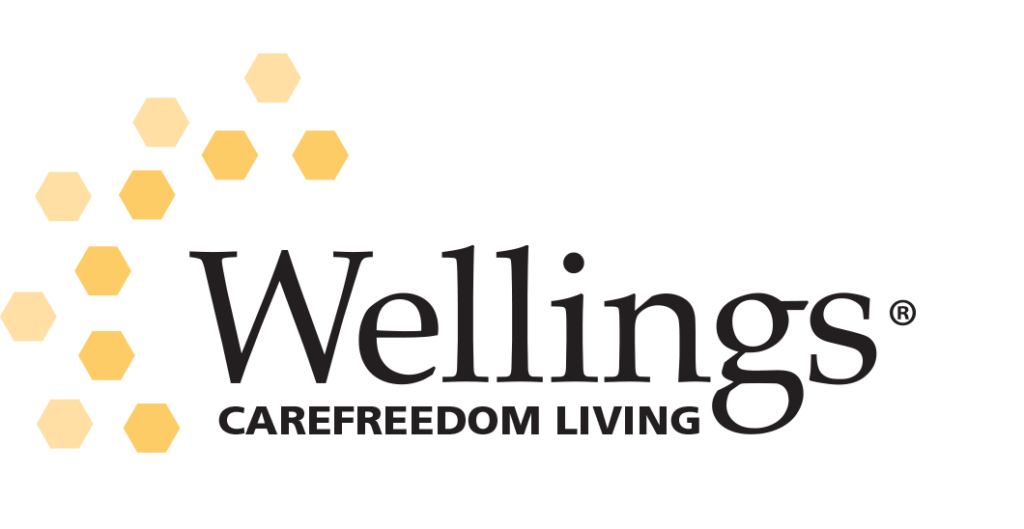
This Wellings blog by Kathie Donovan was exclusively written for Wellings Communities and appeared first on MyWellings.com.
